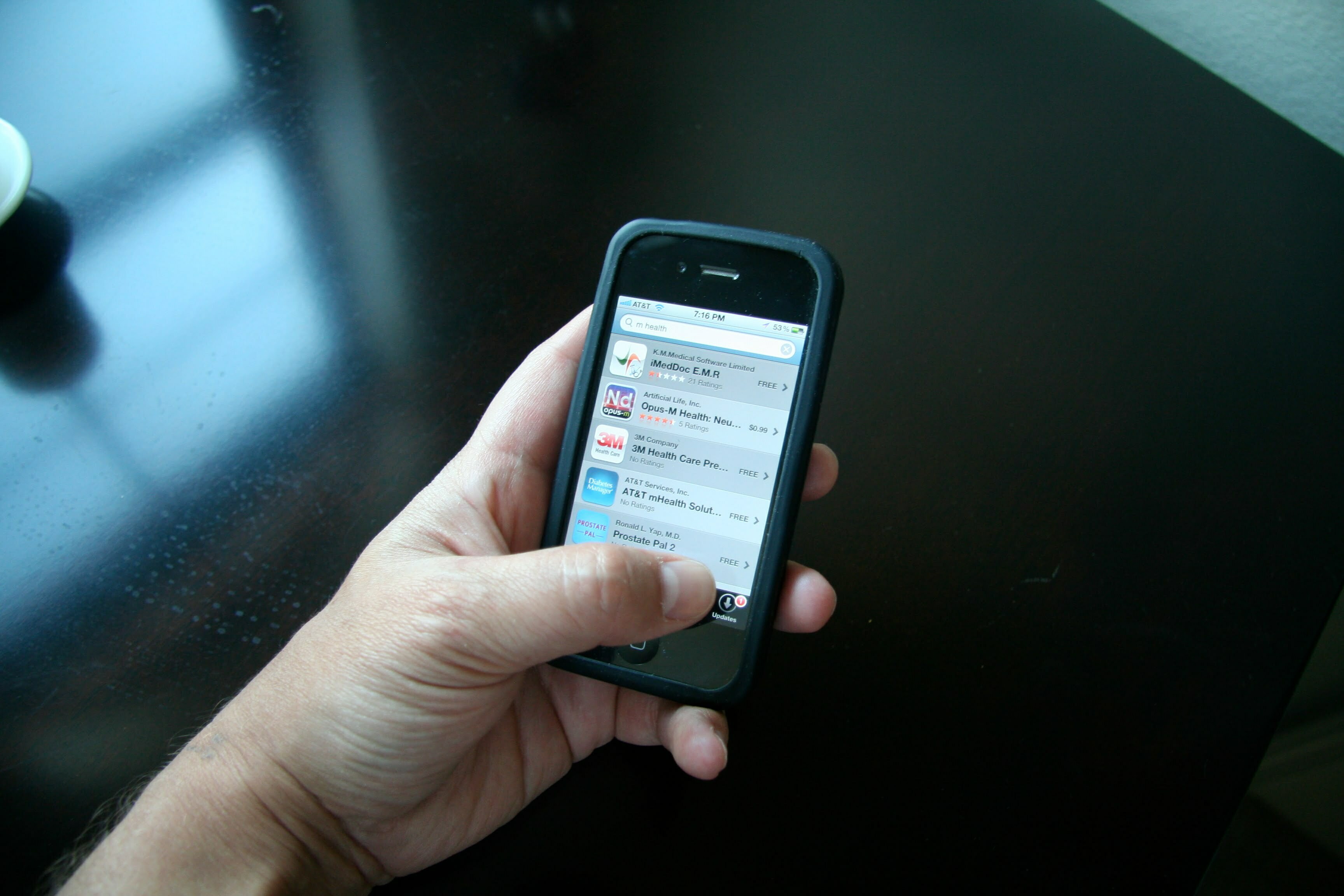Most restaurants, especially in competitive cities like New York, make the whole thing viable to thrill their clients. Give the clients what they want is the standard mantra.
But don’t tell that to Mario Gigliotti, the owner of Il Triangolo, a community Italian eatery located in Corona, Queens, one of the outlying boroughs of New York City, reached by a bridge or tunnel from Manhattan. It’s situated numerous subway stops from Citi Field, where the New York Mets play, and Flushing Meadows, where the U.S. Open tennis tournament takes place.
Gigliotti, who is 52, opened Il Triangolo in April 2011. It focuses on Southern Italian meals, and he created various recipes, including self-made fettuccini ala Triangolo, then Frangelico, and shrimp limoncello. It seats around 60 human beings. He owns a cellular phone sold for him with the aid of his daughter and thinks they’re a beneficial system for ordering objects.
But lower back in 2014, whilst cellular phone use commenced proliferating and maximum of his customers started removing their smartphones in the course of their meals, Gigliotti became angry. He noticed that “humans weren’t paying attention to their food, their environment, or their circle of relatives participants.” No longer had his clients been conversing; they sat there and ate and checked their cellular phones as if they had been eating alone.

In fact, their behavior slowed the whole thing down within the eating place. Instead of eating and leaving quickly, they’d spend more time dining because they weren’t focusing on ingesting their meals and instead zeroed in on checking their emails or the internet. Meals that took two hours were taking and a 1/2 hours, and visitors were ready longer for a table.
Gigliotti put up a small signal that stated no cell phones were allowed at the table. When he encountered new clients, he’d tell them individually about the coverage. If clients receive a smartphone name throughout the meal, they’re asked to step outside of the restaurant and not disturb any guests. Almost every person complies.
Several years ago, one lady objected. She said she had to keep up a correspondence with her elderly mother in case of an emergency. Gigliotti asked her to put her telephone on her lap, no longer on the table; however, she refused and left the restaurant. When another couple heard approximately the policy, they too exited before eating. However, Gigliotti stated that it has best taken place a handful of times.
More human beings tell him that they love the policy because they don’t want to overhear other guests speak loudly on their cellphones over the restaurant’s din. “Most humans in a restaurant on their phones have an addiction to speaking loudly,” Gigliotti stated. Most visitors are overjoyed to no longer address rude visitors sitting in proximity to them.
A examination of several Yelp opinions of well-known shows shows that no customers stated the mobile phone ban was poorly implemented, and one consumer welcomed it. One guest said, “The minute you arrive, it’s as though Mario, the owner, welcomes the visitor into his domestic.” Another guest said Il Triangolo emphasizes “authenticity from self-made bread and pasta to homemade wine and cakes.” Banning cellphones attracted one guest to the eating place.
Repeat enterprise is as sturdy as ever. “They keep coming lower back. I actually have a huge following and remember lots of our guests a part of the Triangolo circle of relatives,” he notes.
There are some other rules. People aren’t allowed to place their game jackets on their chairs; no undershirts or slippers are allowed inside the dining room. “We’re a vintage college,” he admits.
But Gigliotti says the entire team of workers prides itself on its flexible policy closer to food, the primary reason why diners come to the eating place. “Guests can mix and shape whatever they need. If there’s something you need, we’ll make it for you,” he says.
Most people finish their dinner quickly by avoiding cellphones, and Gigliotti sees an alternative to their behavior under the ban. “Now they take a seat down, I tell them the specials, and they’re not on their cellphones. They have a look at the menu. I take their dinner order. Without the mobile phone in their hands, that gadget isn’t controlling them anymore. When you’re having dinner along with your buddies or family, it’s time to put your cellular phone away,” he says.
“Now, while the meals come, they’re speaking to each other about the food,” he exclaims. “We cater to our customers, and most of our visitors love this policy,” he says.







